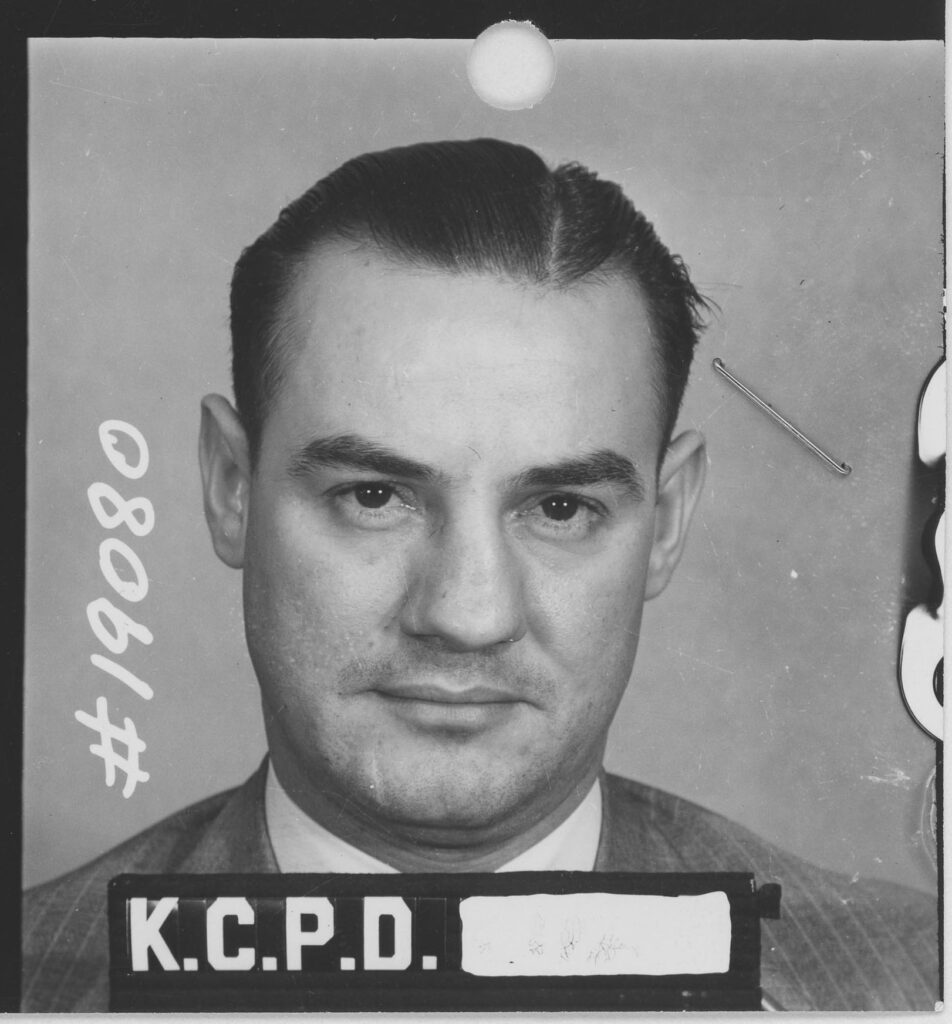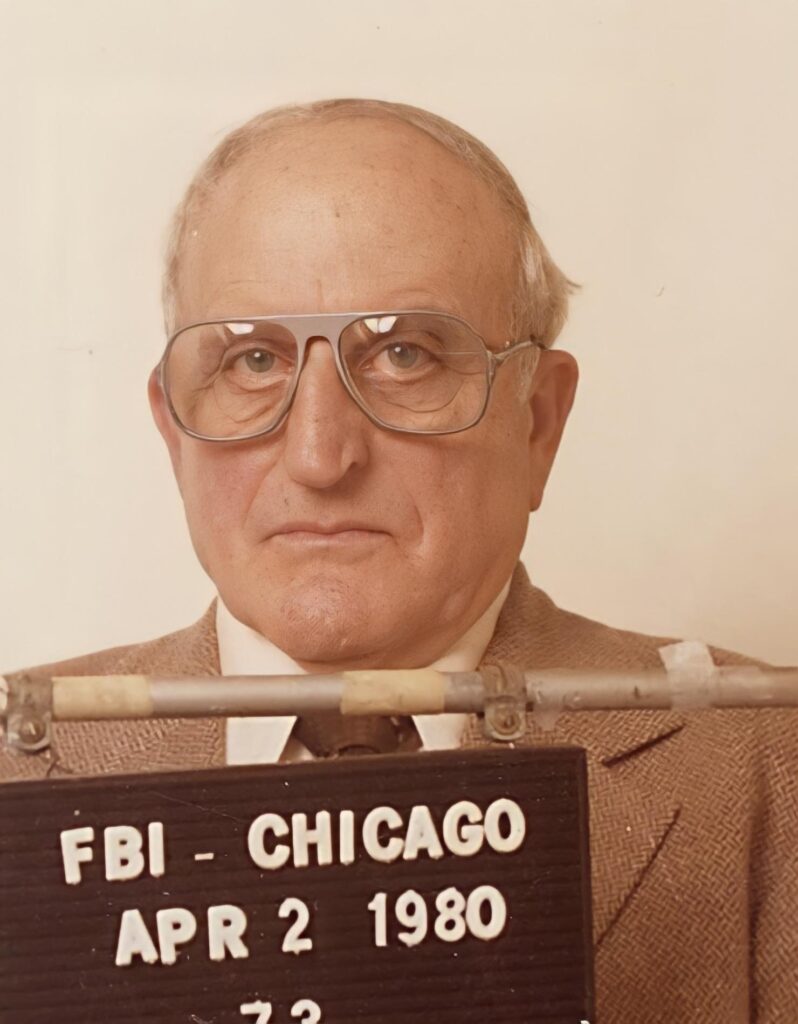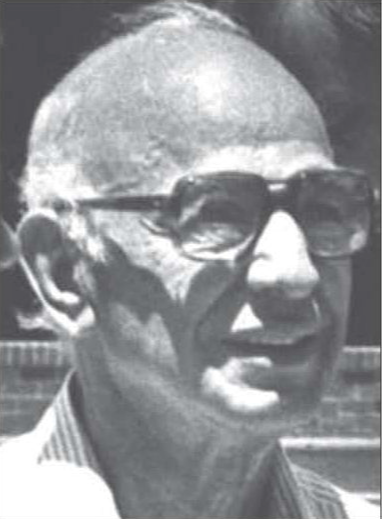Nicholas Civella stood out as an infamous figure in American history. For many years, he was a crime leader with significant influence in the Midwest region, in charge of Kansas City’s underworld activities. His reach went beyond Missouri’s borders and into Las Vegas and Chicago. Civella’s legacy is woven with themes of ambition and control intertwined with brutality, forming a chapter in America’s broader story of organized crime during the 20th century.
Early Life and Rise to Power
Nicholas Civella entered the world on March 19, 1912, in Kansas City, Missouri, to parents who had emigrated from Sicily. A tale among mob bosses of the future era. Growing up in the North Side of Kansas City, shaped by American communities and the pervasive presence of criminal activities, set the stage for Civella’s journey into illegality. His initial encounters with law enforcement surfaced at an age due to engagements in minor offenses such as burglary and gambling. That was the start of Civellas’s ambitious journey as he dabbled in petty crimes at the beginning of his career.
In the time of Prohibition, Kansas City saw a lot of organized crime activities, just like many other cities, with bootlegging being at the heart of it all. As the late 1930s rolled around, Civella managed to climb up the ladder within the Mafia scene by striking deals and successfully maneuvering through the dangerous world of crime. His skills didn’t go unnoticed by the brass of Kansas City Mafia circles, and he soon earned their trust and respect.
The Kansas City Mafia and the Civella Era
In 1953, Civella assumed control of the Kansas City organized crime syndicate following the death of Charles Binaggios, the previous boss who had been assassinated in a power struggle. During Civella’s tenure, the Kansas City Mafia rose to prominence as a force managing illicit betting activities, usury schemes, intimidation tactics, and drug trafficking operations within the area.

During the 1960s and 1970s, Civellas’s influence grew notably due to his active participation in the rising Las Vegas casino scene. Other mob families from the Midwest contributed funds towards establishing casinos in Las Vegas in exchange for a share of the earnings. Civella’s underworld syndicate was prominently involved in “skim” activities where Mafia groups clandestinely diverted substantial sums of money from Las Vegas casinos, without official disclosure, to law enforcement agencies.
The Kansas City Mafia, under Civella, was instrumental in controlling several Las Vegas casinos, including the Tropicana and the Stardust. Civella’s connections with mobsters from Chicago, Milwaukee, Cleveland, and other cities helped solidify his position as a major player in the national organized crime scene. By this time, Civella’s power was undeniable, and he had earned a reputation as one of the most cunning and influential mob bosses in America.
The Las Vegas Skim and FBI Crackdown
During the 1970s era in Las Vegas, federal authorities and the FBI became interested in Civella’s influence over the skim operation in the city. Law enforcement agencies were closely monitoring the role of organized crime in Las Vegas, and Civella was a key figure in their investigations. The FBI initiated wiretapping and surveillance activities to track Civella and his connections, which resulted in a development.
In 1977, Civella was recorded on a wiretap talking about the skim operation with Joseph Aiuppa, a member of the Chicago Outfit. This key evidence aided the FBI in building its case against Civella, resulting in his indictment and eventual conviction for conspiring to commit extortion. In 1980, Civella received a five-year prison sentence in court.
Despite his beliefs and unwavering resolve, Civella’s power within the Kansas City Mafia persisted. Even while incarcerated, he managed to oversee the family activities, entrusting his underboss, Carl “Tuffy” DeLuna, and his brother, Carl Civella, to maintain order within the organization.
Key Figures in Civella’s Circle
Numerous key individuals were contributors to Civella’s criminal empire, and their stories are closely linked with his own.
Carl Civella was known for his role in the family criminal operations as Nick’s younger brother. He played a key lieutenant role and stepped up as the acting boss during Nick’s time behind bars. Carl faced troubles related to the Las Vegas skim and was eventually found guilty of multiple offenses, such as extortion.
Carl “Tuffy” DeLuna was a member of the Kansas City Mafia and worked closely with Civella as his trusted second in command, overseeing various criminal activities such as gambling and loan sharking operations in addition to being involved in activities in Las Vegas, leading to a conviction alongside Civella, in the 1980s.

Joseph Aiuppa held a position within the Chicago Outfit and played a key role in solidifying the Kansas City Mafia’s presence in Las Vegas through his strong connections to Civella. The bond between Civella and Aiuppa highlighted how the Mafia’s different crime syndicates collaborated and formed alliances that transcended boundaries and jurisdictions.
Tony Gizzo was a figure in the Kansas City Mafia, while Civella was in charge of the organization’s operations in the Midwest region. Civella played an important role in upholding order within the group, alongside Civella as his trusted ally until his unexpected passing in 1953, which resulted in Civella swiftly assuming greater leadership responsibilities.
The Downfall of Civella
The FBI wiretap recordings from the 1970s signaled the downfall of Civellas’s crime syndicate era starting point. After his incarceration in 1980, though he still held sway, the heightened scrutiny from law enforcement undermined the Kansas City Mafias’ control over criminal activities.
In February 1983, Civella was set free from prison; however, his health worsened during his incarceration period, and his control over the family weakened considerably as a result of this decline in health. In the early 1980s, Civellas’s criminal reign started to collapse due to increased law enforcement efforts against organized crime nationwide.
On March 12, 1983, just two weeks after being released from prison, Nicholas Civella passed away due to lung cancer, which signaled the end of an era for the Kansas City mob. Although his criminal network did not maintain its status and influence, Civella is remembered as one of the most formidable mob leaders in American history. His rise to power, participation in the Las Vegas skim operation, and eventual downfall symbolize the peak and subsequent decline of the Mafia in Kansas City during a time when it faced legal scrutiny from federal authorities.
Conclusion
The life of Nicholas Civella embodies a part of the organized crime saga in the United States past. Starting from his roots in Kansas City and leading up to his involvement in the notorious Las Vegas skim operation, Civella’s journey was marked by ambition, authority, and brutality. His knack for maneuvering within the realm of organized crime forged essential partnerships and eluded law enforcement over many years, elevating him to a position of great influence as one of the top mob leaders of his era.
Civella’s criminal organization may have crumbled in the end; however, his influence continues to be felt in the records of American Mafia history. Today, his ascent and downfall stand as a testament to the perilous realm of organized crime and the inevitable destiny that awaits even the most formidable mobsters.
